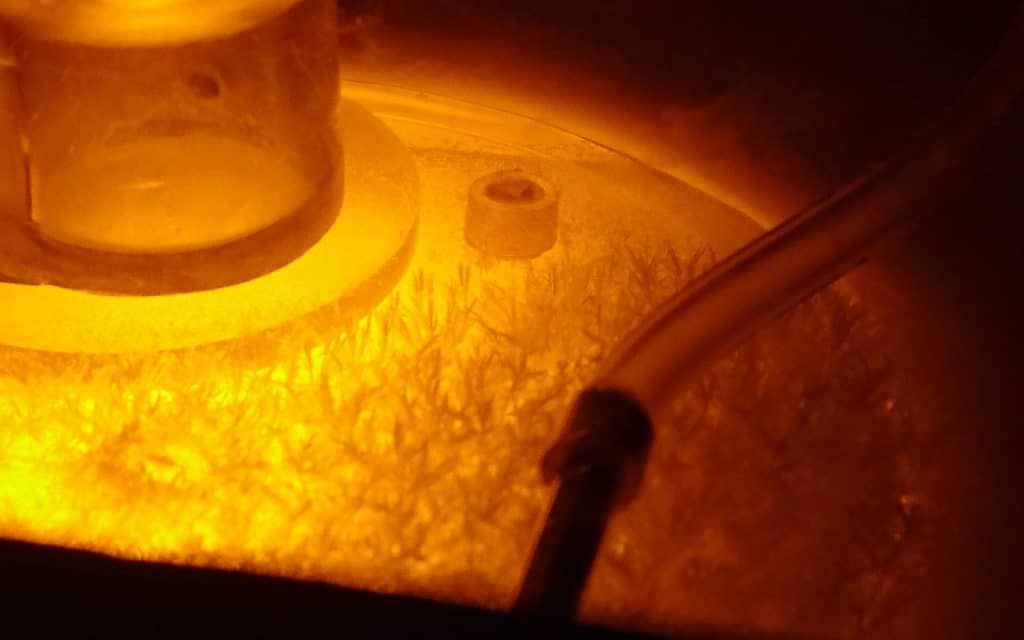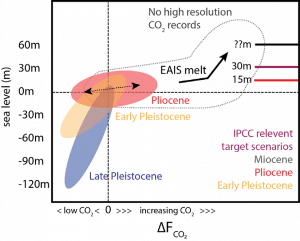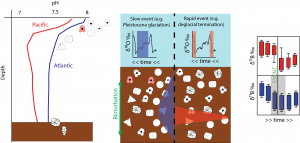ERC ForCry
Our knowledge of carbon dioxide (CO2) concentrations in the atmosphere of the past is fundamental to understanding the Earth's climate for the past, present and future. Ice cores, the product of an international effort, make it possible to recover air bubbles from ancient atmospheres trapped in the ice. They have provided us with 800,000 years of high-resolution, accurate data, revolutionising our understanding of the Earth system. ForCry, a technique designed by ERC award recipient Thomas Chalk, will enable us to move into a new generation of climate data from the past.
Marine sediments offer the potential to recover high spatial and temporal resolution records of modern and past ocean pH and hence CO2 levels at these times. However, to date, the generation of these data is limited by intensive analytical methods that restrict their high-throughput application and the need to analyse many samples that limit their applicability.
Improvements are needed to answer the fundamental questions:
- "What controls spatial changes in ocean carbon flux dominating natural climate variability?
- "Is climate sensitivity correlated with baseline status? "
The ForCry project will achieve optimal sensitivity of the laser ablation methodology by freezing tiny samples in an ice 'puck'. This will allow analyses to be carried out with samples about 10 times smaller than conventional methods while maintaining good accuracy. ForCry will explore multiple facets of Earth System science by extending the use of laser ablation methodology to new fossil records, as well as mapping ocean pH change in all four dimensions (spatial and temporal).
Changing CO2 levels will be used to examine the state dependency of climate sensitivity in warm periods of the geological past. ForCry will examine the role of the ocean in fixing and/or regulating past, present and future CO2 at unprecedented resolution.
2022-2027: ForCry (ERC)
Exploring the changing structure of the oceanic carbonate system and the natural history of atmospheric CO2 using geochemical proxies.
At CEREGE:
Principal Investigstor: Thomas Chalk
Participants: Abel Guihou, Matthieu Buisson, Rachel Brown
Foreign collaborators: University of Southampton (UK), Bermuda Institute of Ocean Sciences (Bermuda), Woods Hole Oceanographic Institution (USA)





